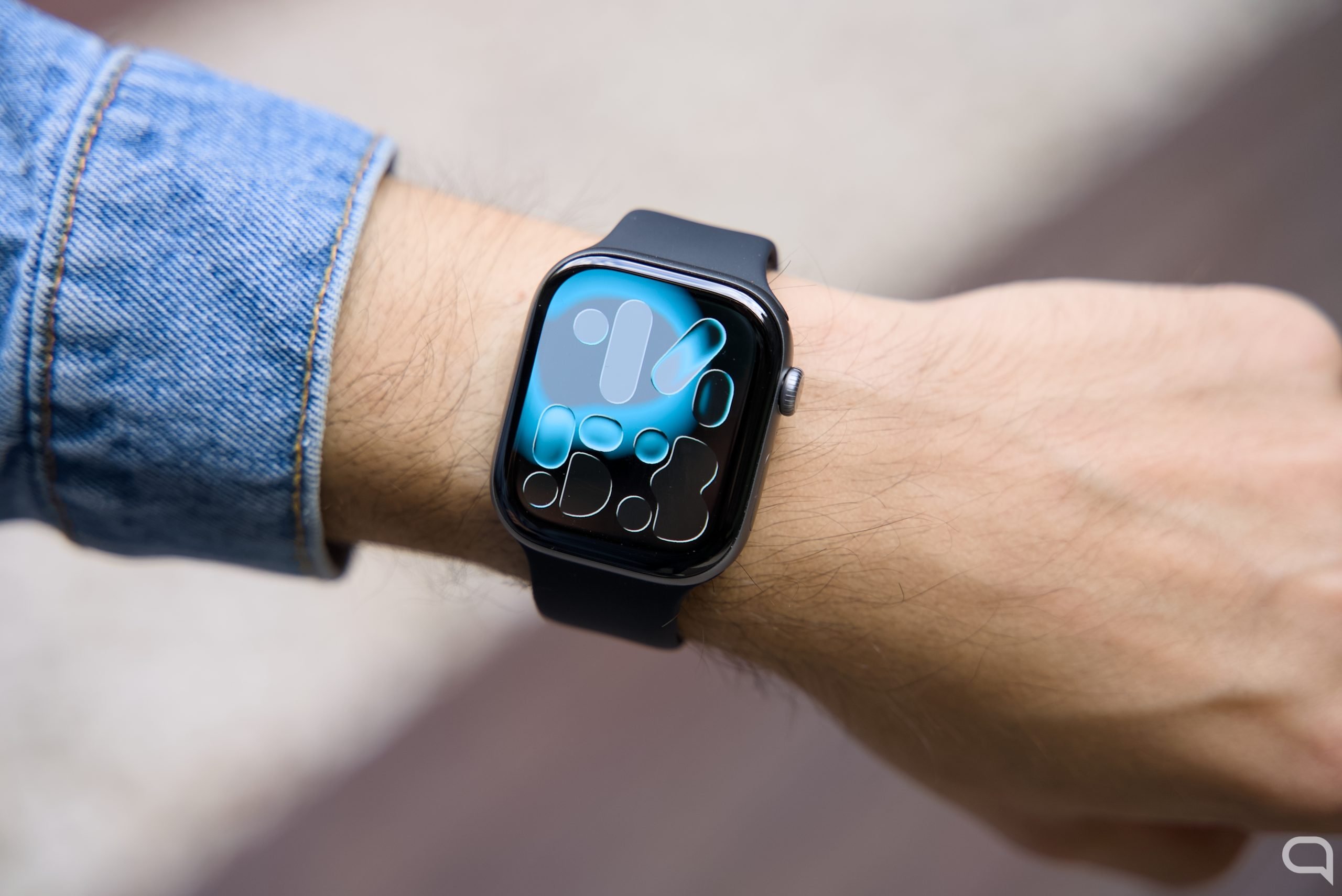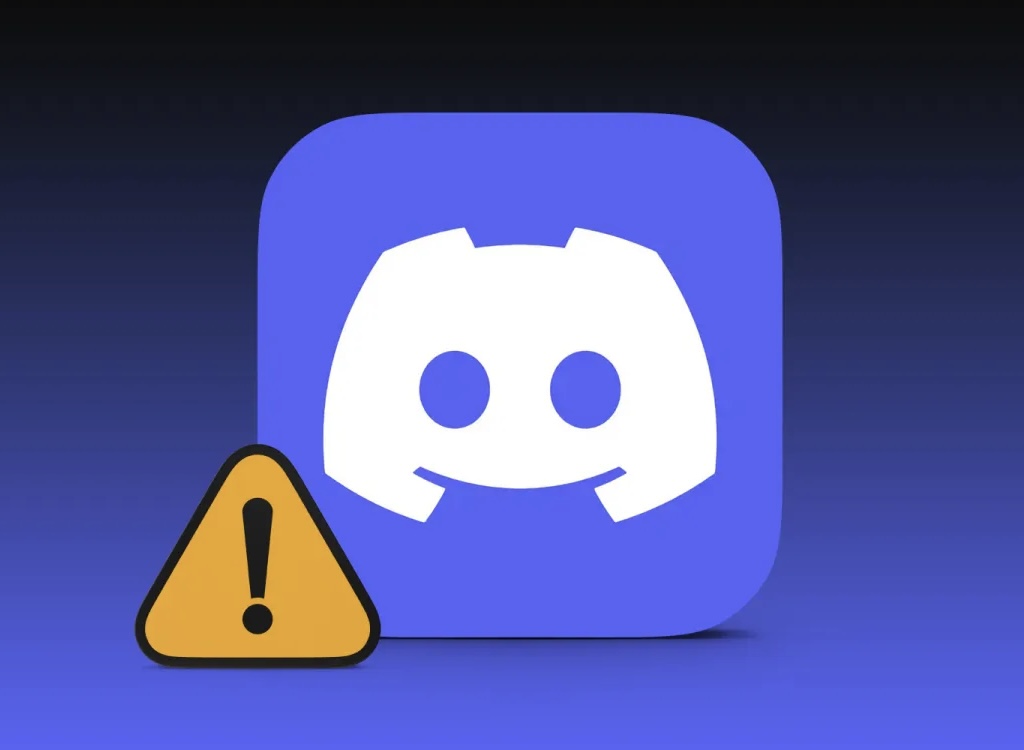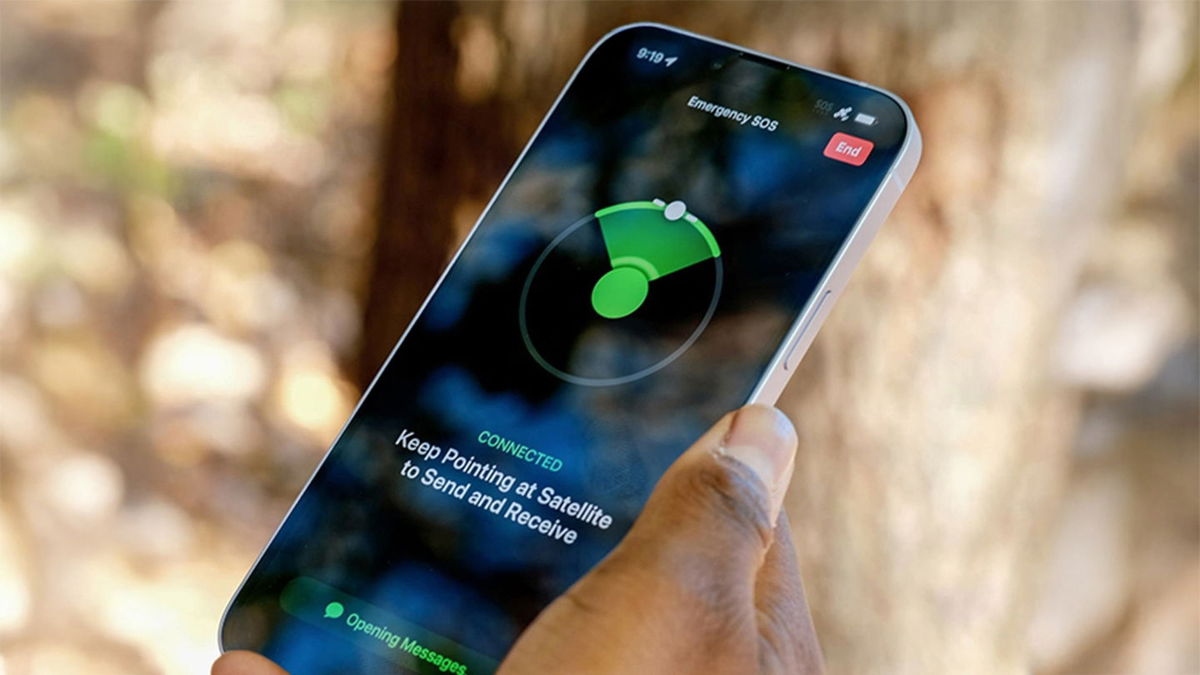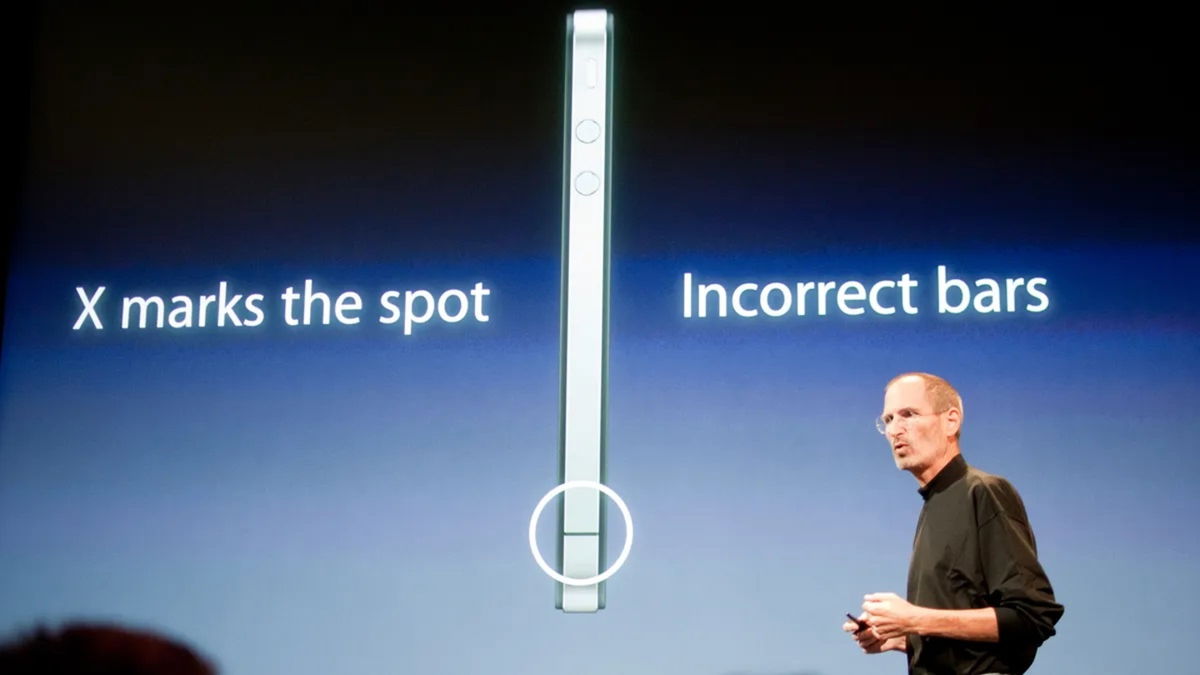After so many rumors and speculations, Apple has made it official. He sideloading and third-party app stores coming to iPhone starting in March. The company confirmed this on its website, where it explained how it will comply with the European Union’s new Digital Markets Act.
This will, without a doubt, be the most radical change in the history of the Apple ecosystem. Of course, a modification that Cupertino residents would prefer never to implement. But this is a requirement of the new rules, which will come into force on March 7.
But sideloading and third-party app stores aren’t the only changes coming to iPhone. Apple representatives also confirmed changes to its App Store allowing apps use third party payment methods and to allow users to complete a transaction on an external website.
In addition, it will be indicated the long-awaited discovery of the NFC chip in the iPhone so its use is no longer exclusive to Apple Pay. This means that wallets and banking applications will be able to access the API to take advantage of the above-mentioned component. This way, they will be able to directly integrate the contactless payment option.
He sideloading and changes to iPhone app distribution will be available in iOS 17.4, the next version of Apple’s operating system. The company indicated that in March the functions will reach 27 EU countries.
Of course he sideloading The iPhone will not be identical to the method available today on Android, where you can download the APK and install it directly on your mobile phone. Apple will keep strict controlto the extent permitted by the European Union Digital Markets Act.
In any case, Tim Cook employees have repeatedly clarified that these new capabilities for European users will limit their ability to protect them in the event of fraud, scams or other threats.
How will it be sideloading on iPhone starting with iOS 17.4
For him sideloading on iPhone, users will need to go to “alternative app stores”. Changes made in iOS 17.4 will include new APIs and framework so that the creation and operation of these app stores from third parties. After downloading an alternative store from the Internet, the user will have to give it explicit permission to install applications on the smartphone.
What’s interesting is that the public will be able to choose whether to leave the App Store as the default app store or give that credit to someone else. market from third parties. In any case, the creation and implementation of these alternative distribution routes will not be left to chance. the shops for him sideloading on iPhone, you must obtain Apple approval before starting work. In addition, Apple plans include guarantees for those who decide to use applications not from the App Store.
Prominent among them is the “notarization” process, as Apple calls it. This is a check that the company will perform on apps installed on the iPhone, regardless of whether they come from sideloading or from the App Store. Likewise, the company will prevent applications obtained from alternative sources from running if they are found to be infected with malware after installation.
Another important point to mention is that some iPhone privacy features will remain compatible with apps installed through sideloading. Such is the case with app tracking transparency, which blocks tracking and data collection users who will have to give explicit permission to applications that seek to collect them.
Phil Schiller, one of Apple’s historical leaders, has spoken forcefully about the origins of these changes. “The changes we are announcing today comply with the requirements of the Digital Markets Act in the European Union, helping to protect European users from the imminent privacy and security risks posed by this regulation. Our priority remains to provide the best and safest experience possible. experience for our users in the EU and around the world,” he said.
Source: Hiper Textual
I’m Ben Stock, a highly experienced and passionate journalist with a career in the news industry spanning more than 10 years. I specialize in writing content for websites, including researching and interviewing sources to produce engaging articles. My current role is as an author at Gadget Onus, where I mainly cover the mobile section.













